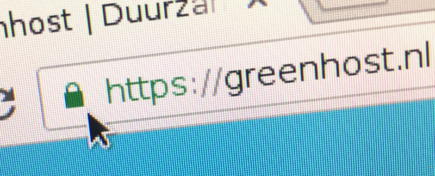As you might know, every year a new PHP-version is released. This year that was PHP 8.3. We try to offer this new version on our hosting platform as soon as a stable release is available.
Together with the adding of a new version, each year support for an older version was dropped. PHP developers no longer supported the older versions and, as a result, we could no longer securely offer these versions. This is why we removed these older PHP-versions for our customers at that point. This has resulted in problems, such as websites that were no longer functioning correctly, but in the trade-off...
Read more...